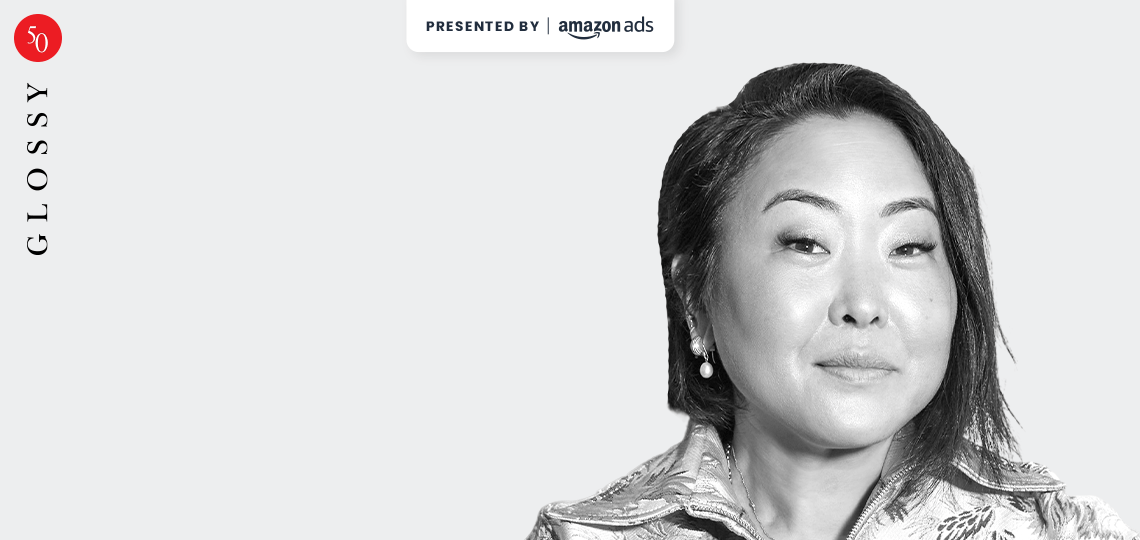When Aya Kanai made the move to Pinterest in September 2020, she joined the wave of magazine editors who are making the leap into the tech world.
Formerly the editor-in-chief of Marie Claire, Kanai brings her editorial eye to the platform. She has bolstered Pinterest’s beauty and fashion creator presence, recruiting them to use the multiple new personality-oriented features added in the past year.
“If you think about an ecosystem like Pinterest, with over 240 billion different pieces of individual content, it’s basically the largest visual magazine that humankind has ever known,” she said.
No longer content to stay a mood board for weddings, home decor or recipe inspiration, Pinterest now has features that rival top influencer-focused platforms.
“When we were doing all of our market research, we learned that users were finding their ideas on Pinterest, but they weren’t finding people,” said Kanai of Pinterest’s original format.
But the platform has been quickly changing that. In 2021, it introduced livestream shopping, a TikTok-style scrolling feature and a “Creator Hub” platform, among other launches. To entice creators in a saturated landscape, the platform took a cue from TikTok, Instagram and Snapchat with the launch of its own creator fund, worth $20 million The initiative gives cash and advertising to creators for being active on the platform, and builds upon a $500,000 fund launched for creators from underrepresented communities in April
Kanai also emphasized the platform’s efforts to fund creators of color as part of Pinterest’s overall inclusivity efforts. These efforts have also fueled its new beauty feature launches. In August, the platform launched a hair pattern search tool, building on its skin-tone range search tool launched in 2018 and expanded internationally in 2020 and 2021.
Ad position: web_incontent_pos1
Kanai’s magazine background is especially suited to the platform considering its “algorithmic plus editorial” model, which diverges from other big social platforms that rely entirely on algorithms. As part of its Creator Hub platform, it pays influencers for answering curated content prompts. Topic selection for the prompts is supported by Pinterest’s sophisticated search feature, which Kanai said gives the platform an advantage over competitors.
“Pinterest has search intent, which is very different than other social platforms,” she said. “We need creators who have inspiring ideas to serve back to users what they are searching [for].” Examples of content prompts include “skinimalism” beauty tutorials and athleisure looks that work for both the office and yoga studio.
Facilitating social commerce is another key focus, with Pinterest expanding its partnership with Shopify in April 2021. According to Kanai, 87% of beauty and personal care users come to the platform when considering a purchase.
“They would come on Pinterest to find their beauty ideas or find their home decor ideas, and then they wanted to buy. It’s that next step,” said Kanai.
She added, “We have so much more coming for shopping in 2022. Shopping and creators are the two biggest priorities of our company. So you’ll see a lot of growth there.”
Ad position: web_incontent_pos2




